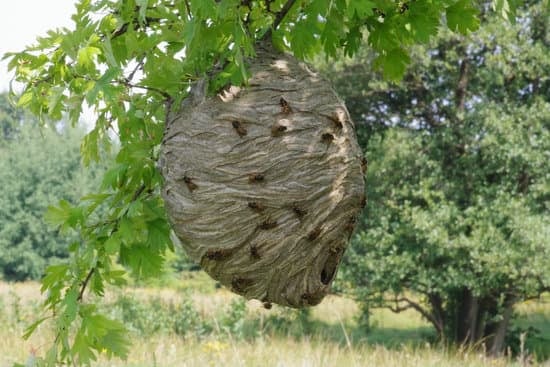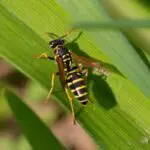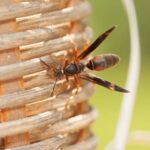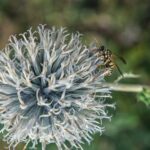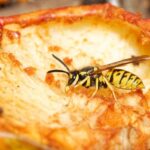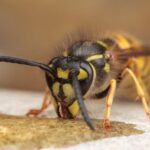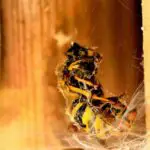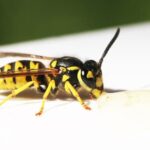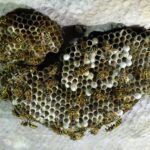How Do Wasps Help the Environment?
Hundreds of thousands of wasps exist around the world. They range from humble solitary pollinators to colonial predators and parasitoids. They help the environment in many ways, providing pollination, pest control, and ecological resilience. However, the population of wasps has decreased in recent years. Scientists want to learn more about the role of wasps in nature.
Wasps are fascinating creatures. They are social insects that live in colonies with queens and workers. These insects communicate in complex ways to collect food and build their nests. The nests can be used for shelter, but they also provide habitat for other animals.
These social insects are important in the environment because they help keep the population of other insects in check. They can help to regulate insect populations, and can also limit beetles. Some species of wasps feed on pest insects. They also provide an important source of food for certain animals. They are also important in biological control programs.
There are many species of wasps that are important to the environment. Many are pests, and they can sting people and pets. However, there are also beneficial insects. For instance, yellowjackets are important picnic pests, and they hoover up caterpillars on vegetable patches. They are also being investigated for their potential as a cancer treatment.
Wasps help the environment by decomposing biomass. They also act as pollinators, parasitoids, and scavengers. The larvae of wasps eat a special diet, providing the larvae with nutrients to grow. They also have the ability to break down biomass, which releases nutrients into the soil.
